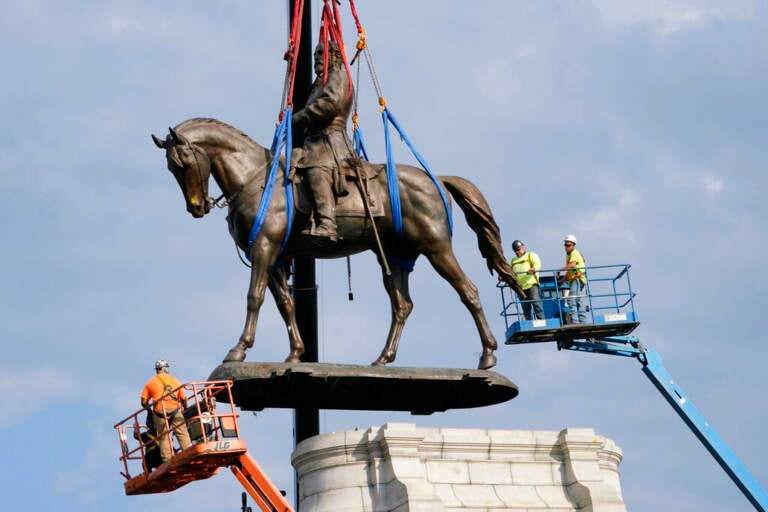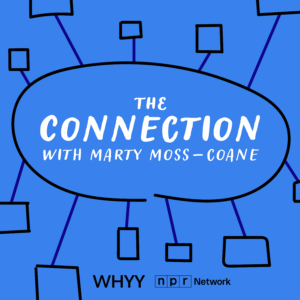How to confront our nation’s troubled history
If we want to make progress, we need to talk honestly about the most painful parts of America's history. So how do we help people reckon with, and not resist, the past?
Listen 50:16
Crews remove one of the country's largest remaining monuments to the Confederacy, a towering statue of Confederate General Robert E. Lee on Monument Avenue in Richmond, Va., Wednesday, Sept. 8, 2021. (AP Photo/Steve Helber, File)
There’s been a lot of fighting over how to teach the history of America – and it’s turned classroom curriculums into political battlefields. Perhaps it’s not surprising that we get emotional confronting our past, with so many painful chapters.
How do we get people to face the ugly truths of the American story? Can we feel sorrow, shame and anger while still taking pride in the things that make this country great? We’ll talk with a social psychologist and a history professor about why we need to teach “hard history” and how to develop the mental toolkit to reckon honestly with our past.
Our guests are Dolly Chugh, psychologist and professor at the Stern School of Business at New York University and author of A More Just Future and Hasan Kwame Jeffries, associate professor of history at The Ohio State University and the editor of Understanding and Teaching the Civil Rights Movement.
WHYY is your source for fact-based, in-depth journalism and information. As a nonprofit organization, we rely on financial support from readers like you. Please give today.






